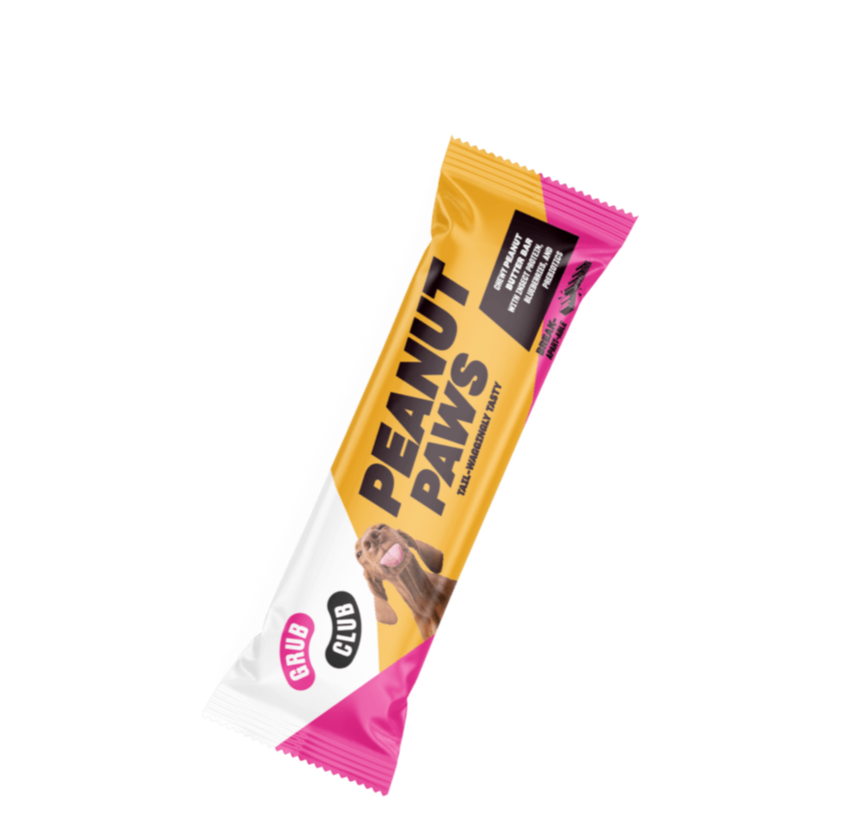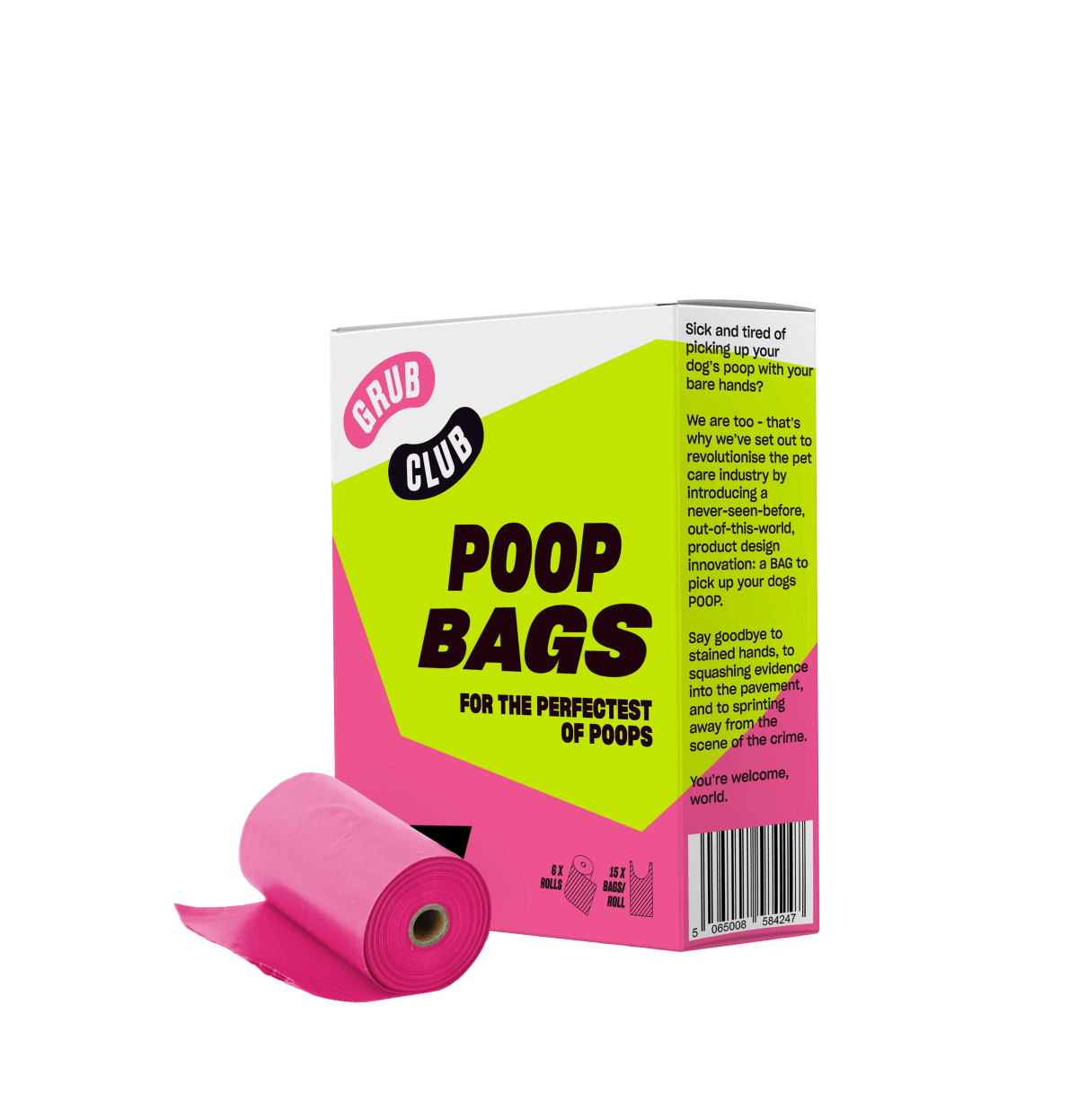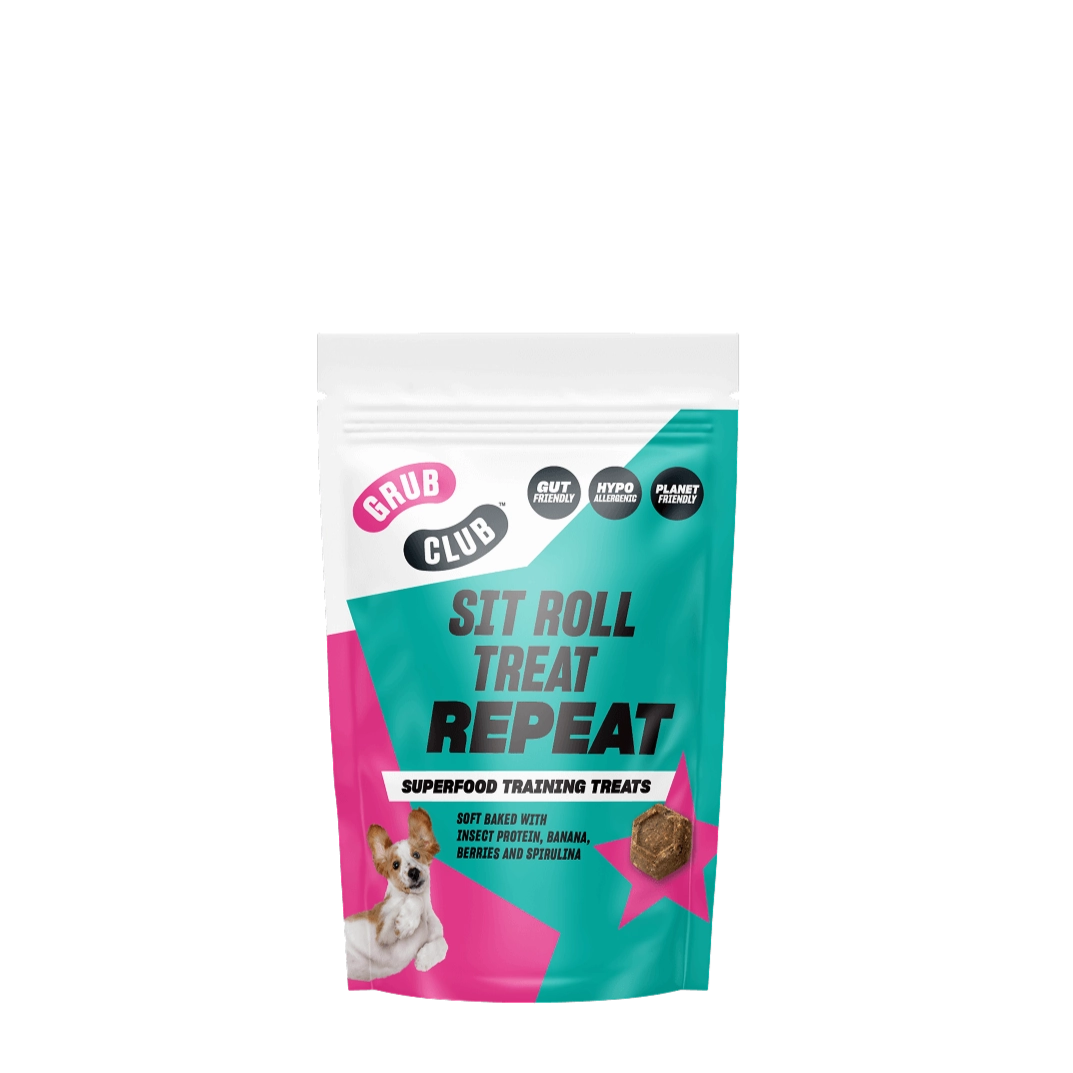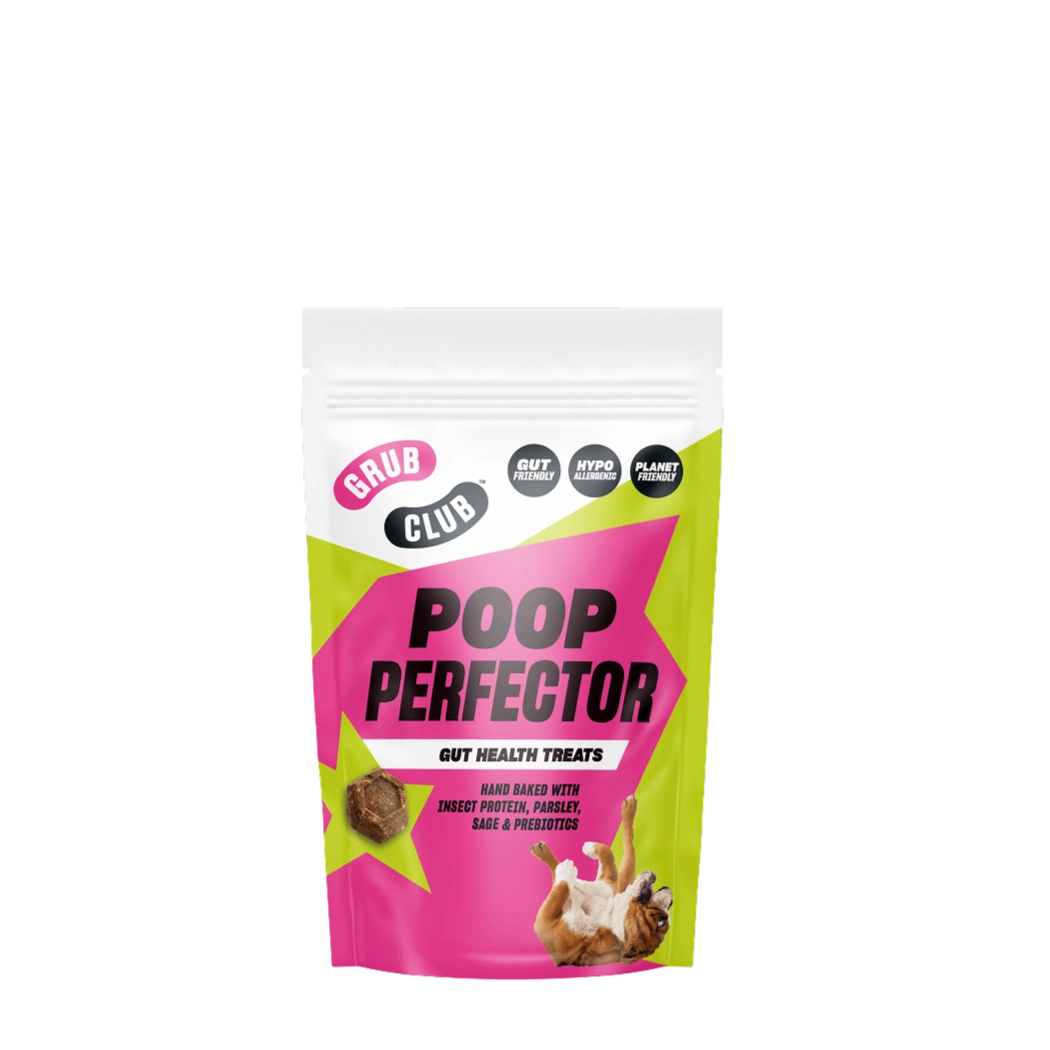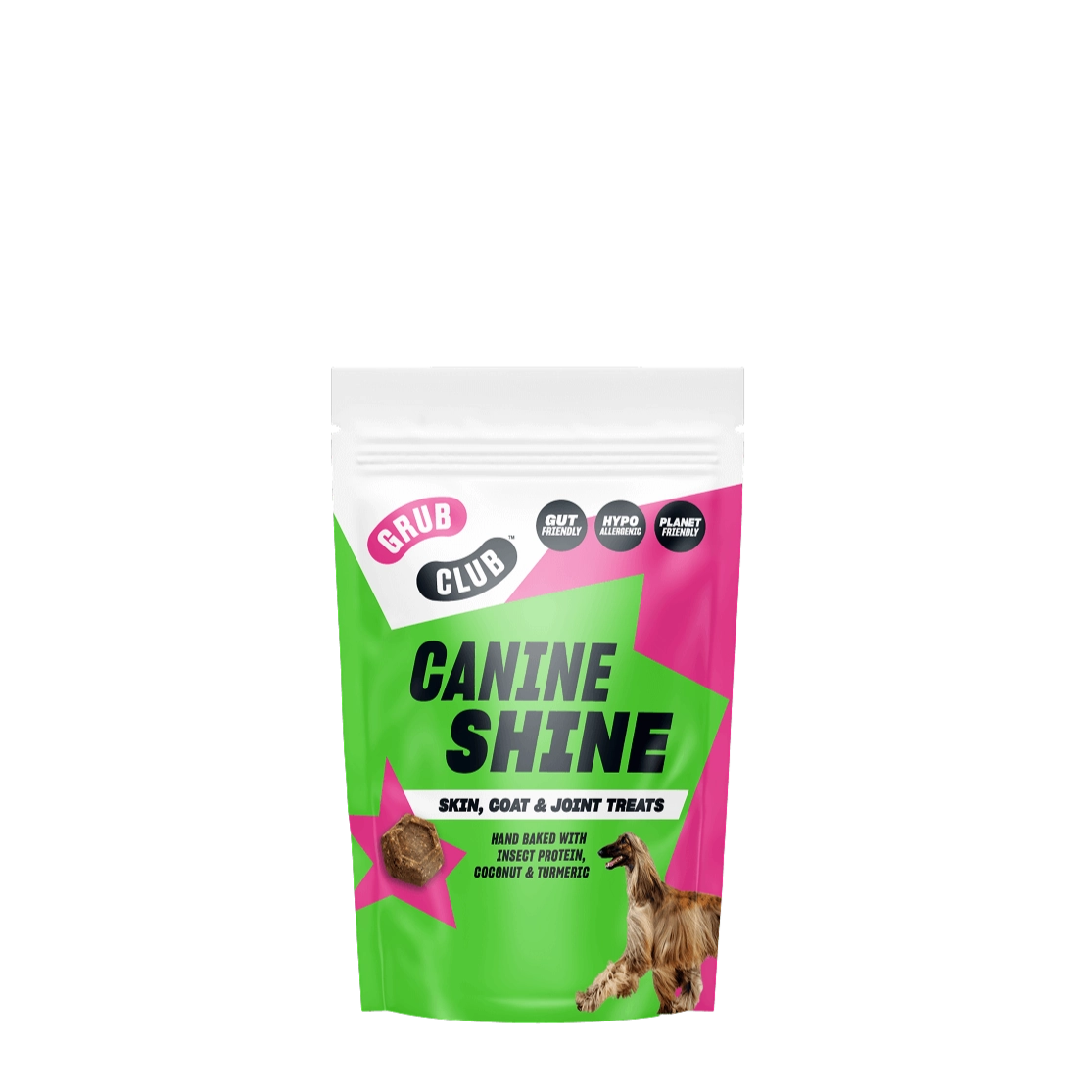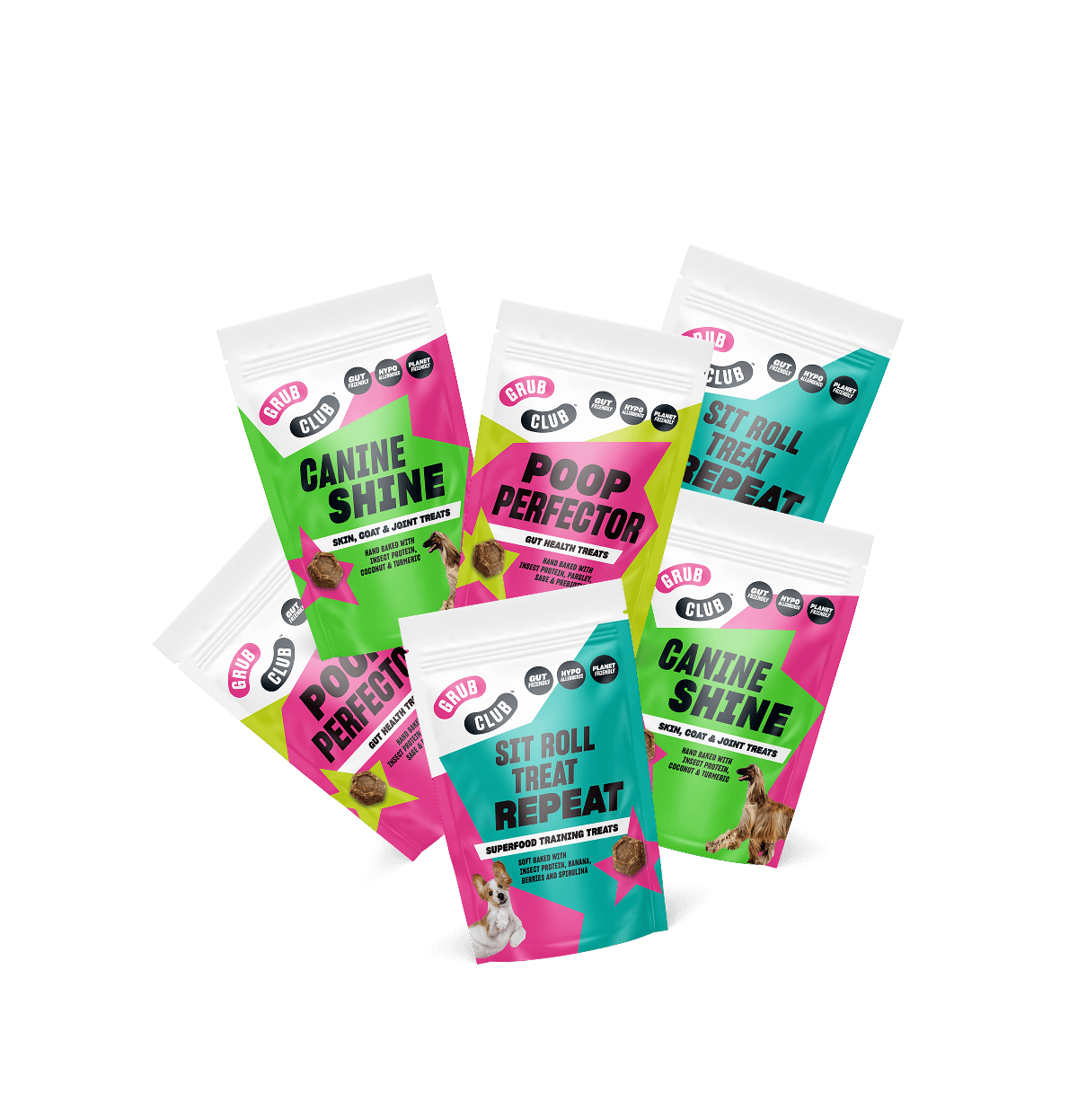PEANUT PAWS
Peanut Butter Bar
1 Bar
FREE UK Delivery on orders above £49.
You have £0.00 in your cart, spend £49.00 more and get free shipping.
1 Bar
72 Bags
1 Pack
1 Pack
1 Pack
Or continue without a name
CheckoutWant to know whether dogs are carnivores? Read our expert guide around canine nutrition and what dogs need to thrive!
In the realm of pet nutrition, a question that is often debated is whether or not dogs are true carnivores. On the face of it, you would probably immediately say yes but there is far more to this topic than meets the eye. So, let’s delve into it all by exploring the necessity of meat in a dog’s diet, the nature of carnivores and the revolutionary idea of using insect protein as an alternative.

Dogs, much like humans, require a balanced diet comprising of essential amino acids and nutrients to thrive. Whilst dogs have historically been “known” as carnivores due to their wolf ancestry, it may well surprise you to learn that this is not entirely true. Nope, our domesticated pooches and even some wild dog species have evolved to adapt to a more omnivorous diet meaning they can get their daily sustenance from a variety of other sources including insects and plants.
Carnivores are a diverse group of animals with specialised digestive systems designed for consuming and digesting meat. From apex predators like lions to opportunistic feeders like bears, carnivores rely on animal flesh for their required nutrients. However, we can’t just lump them all together in one category as each animal type has its own individual dietary requirements. Let’s look a little closer at the carnivorous sub-categories:
Insect-based dog food is hypoallergenic, making it suitable for any dogs with food sensitivities or allergies. This is attributed to the novel protein source, which reduces the likelihood of triggering allergic reactions in sensitive individuals leading to a marked improvement in common signs such as itching, diarrhoea, ear infections, obsessive licking and red paws.
The unique composition of insect protein promotes healthy digestion and gut microbiota in dogs. Rich in fibre and easily digestible proteins, it supports optimal nutrient absorption and contributes to overall gastrointestinal well-being. If you’re looking for more ways to improve your dog’s gut health, check out our write up here and of course, grab a bag of our gut health dog treats, Poop Perfectors.

Insects are nutrient powerhouses, containing essential vitamins and minerals vital for canine health. From iron and calcium to B vitamins and omega-3 fatty acids, insect protein offers a comprehensive range of nutrients necessary for canine vitality and longevity.
Opting for insect-based dog food aligns with environmentally conscious pet parenting. Insects require significantly fewer resources such as land, water and feed compared to traditional livestock, making them a sustainable protein source with a reduced carbon footprint.
For more information on the sustainable practices of using insects as a dog food ingredient, visit our Grub Club sustainability page or check out our post about 5 ways you can be a more eco-friendly pet parent.
At Grub Club, we’re committed to providing premium-quality nutrition for dogs. Our hypoallergenic insect-based dog food is crafted with care, ensuring optimal health and well-being for your dog. With its unique blend of insect protein and wholesome ingredients, it’s a nutritious choice you can trust:
✓ Hypoallergenic formula suitable for sensitive dogs
✓ Promotes healthy digestion and nutrient absorption
✓ Rich in essential vitamins, minerals and omega-3 fatty acids
✓ Environmentally sustainable alternative to traditional meat-based diets
✓ Lovingly made in the UK
If this ticks all of your boxes why not explore our dog food shop today?

